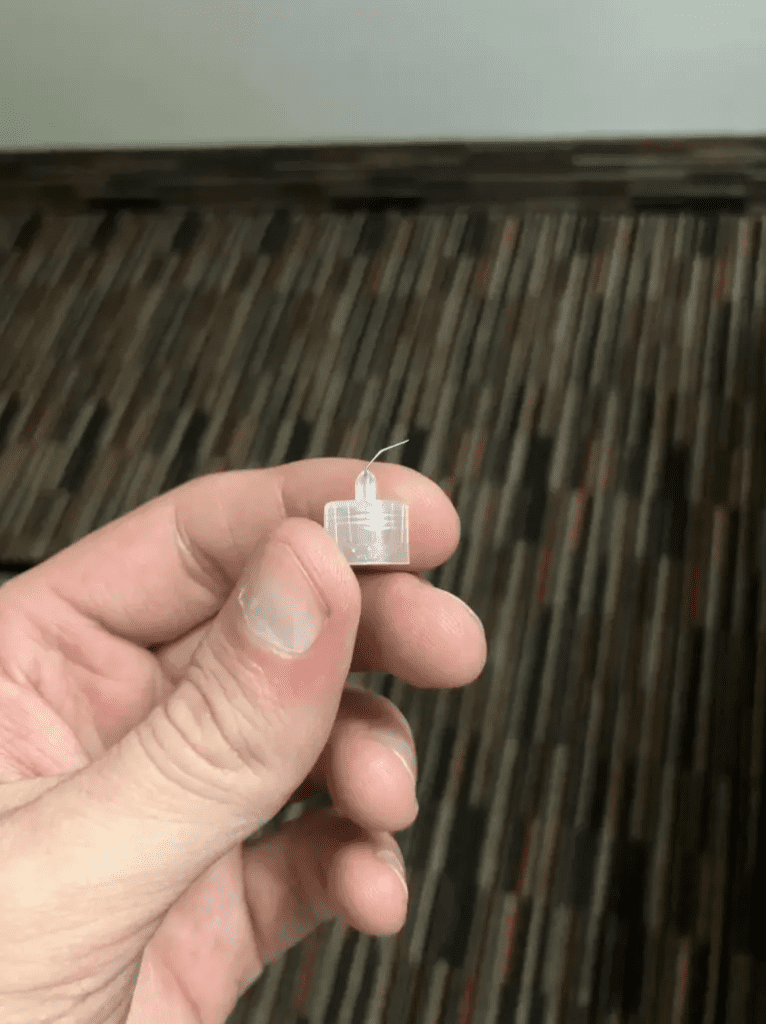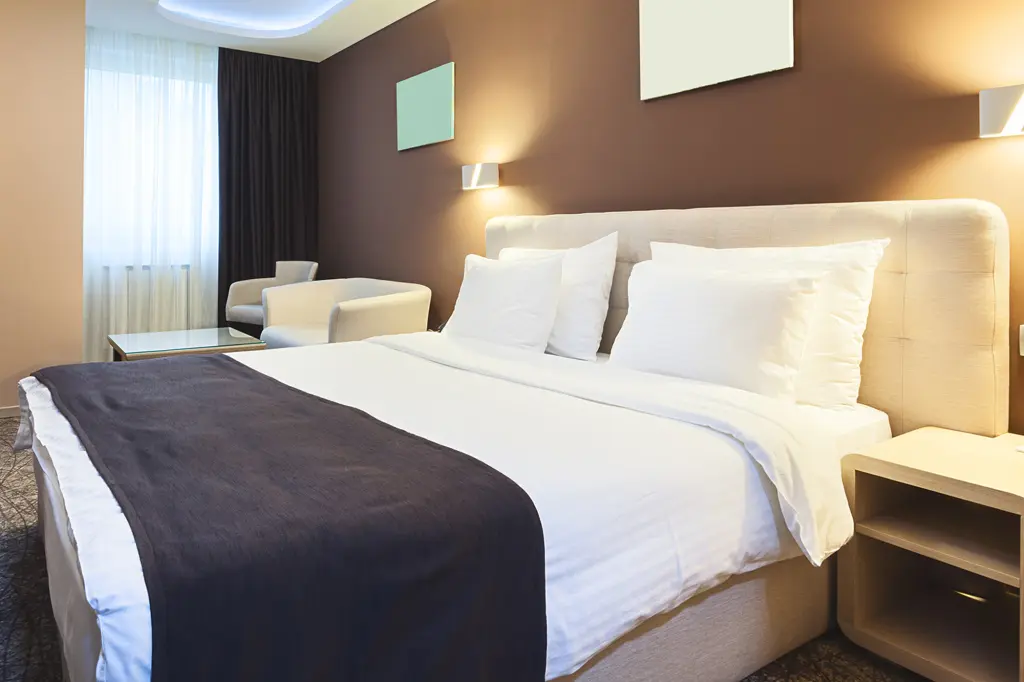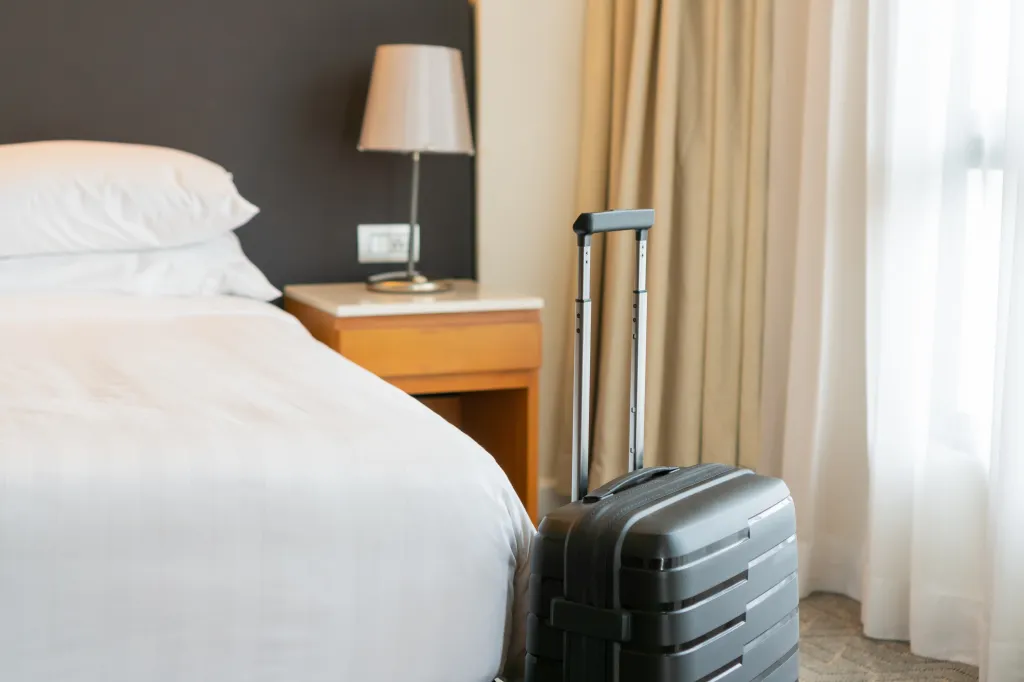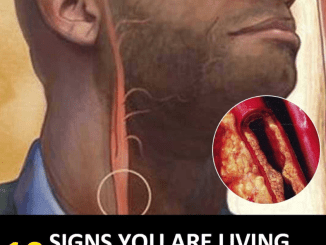Traveling can be a thrilling experience, but sometimes unexpected dangers lurk in the most unlikely places. One traveler’s recent ordeal has sparked a new wave of awareness about hidden risks in hotel rooms. After finding a needle lodged in the sheets of his hotel bed, the anonymous man’s discovery has caused shock and raised serious safety concerns.
Unexpected Dangers in Hotel Beds: A Startling Incident

Imagine checking into a hotel, feeling relaxed and ready for a good night’s rest, only to discover a sharp needle in your bed. That’s precisely what happened to a traveler who recently shared his story on Reddit. The traveler recounted how he was preparing to settle into bed when he suddenly felt a scratch. Upon inspection, he found a bent metal needle poking through the sheets.
“What is this?” he wrote, attaching a photo of the needle. “The metal end was sticking through the bedsheet of a hotel I’m staying in and scratched the crap out of me.” His post quickly gained attention, with many users expressing alarm and urging him to seek medical help.
Identifying the Needle: Possible Medical Implications
As the post gained traction, commenters began speculating about the needle’s origin. Several users identified the object as a disposable insulin pen needle cap, often used by people managing diabetes. This identification heightened the concern, as accidental contact with used medical items can pose serious health risks.
While it was unclear whether the needle had pierced his skin, the traveler wisely sought medical advice. “I’m fine,” he later reassured concerned Redditors. “My in-laws and sister are doctors, so I’ve been in touch with them about this as well.” This precautionary step was crucial, as exposure to potentially contaminated needles can lead to infections.
Medical Risks of Accidental Needle Sticks
Accidental needle pricks can be more than just a minor inconvenience. According to the AMA Journal of Ethics, anyone who comes into contact with a used needle should immediately wash the affected area with soap and water. This first step is essential to minimize the risk of infection.
But that’s not all. Medical professionals recommend reporting such incidents as soon as possible to complete an exposure report. The primary concerns following a needle stick are potential exposure to serious infections, including:
- HIV (Human Immunodeficiency Virus)
- HBV (Hepatitis B Virus)
- HCV (Hepatitis C Virus)
In cases where the source of the needle cannot be tested, healthcare providers assess the likelihood of infection based on the patient’s symptoms and the community where the incident occurred.
Hotel Safety: What You Can Do to Protect Yourself
This incident highlights a broader issue regarding hotel hygiene and safety protocols. While hotels often emphasize cleanliness, unexpected dangers can still arise. To ensure your safety when checking into a hotel, consider taking the following precautions:
- Inspect the Bed Thoroughly: Before settling in, run your hands lightly over the sheets and check under pillows for foreign objects.
- Use Your Own Sheets or Sleep Sacks: Bringing a personal sleep sack can add an extra layer of protection against potentially harmful objects in unfamiliar bedding.
- Report Any Unusual Findings: If you discover something concerning, inform hotel management immediately. This not only helps protect you but also alerts staff to potential risks for other guests.
- Wash Your Hands Frequently: Frequent handwashing can reduce the risk of infection from accidental contact with contaminated surfaces.
By being proactive, travelers can minimize unexpected risks, ensuring a safer and more pleasant stay.
The Traveler’s Response and Recovery

Despite the initial shock, the traveler appeared to handle the situation well. He sought medical advice promptly, demonstrating the importance of quick action in such cases. Fortunately, his contact with doctors, including family members who work in the medical field, allowed him to get proper guidance on how to proceed.
Although the needle was bent and it was uncertain if it had penetrated his skin, he still took all necessary precautions. His decision to share his experience online not only raised awareness but also provided valuable information for others who may face similar situations.
Health Protocols for Accidental Needle Exposure
Medical professionals outline clear steps for handling accidental needle exposure. Here’s what you should do if you ever find yourself in a similar situation:
- Clean the Affected Area: Wash the exposed skin thoroughly with soap and water. Avoid using harsh disinfectants or alcohol, as these can irritate the wound.
- Seek Immediate Medical Attention: Visit the nearest healthcare facility or contact a doctor. Quick medical evaluation can help determine the risk of infection.
- Complete an Exposure Report: If you’re in a healthcare setting or hotel, request to fill out an exposure report. This helps track potential risks and ensures follow-up care if needed.
- Consider Blood Tests and Preventative Medication: Depending on the assessment, doctors may recommend blood tests to monitor potential infections. In some cases, preventative medication may be prescribed to reduce the risk of certain infections.
These steps can make a significant difference in reducing health risks and ensuring prompt treatment.
Conclusion: Hidden Risks and the Importance of Vigilance

This traveler’s shocking discovery serves as a wake-up call for all of us. Whether you’re staying in a five-star hotel or a budget inn, unexpected dangers can be present. By taking simple precautions and remaining vigilant, you can better protect yourself from unforeseen risks.
The incident also emphasizes the importance of immediate medical action when faced with potential health hazards. From washing the affected area to seeking professional advice, quick steps can make all the difference.
As travelers, we often assume our surroundings are safe, but it’s always wise to keep an eye out for potential dangers. After all, it’s better to be safe than sorry—especially when it comes to your health. Stay aware, stay prepared, and always prioritize safety during your travels.


